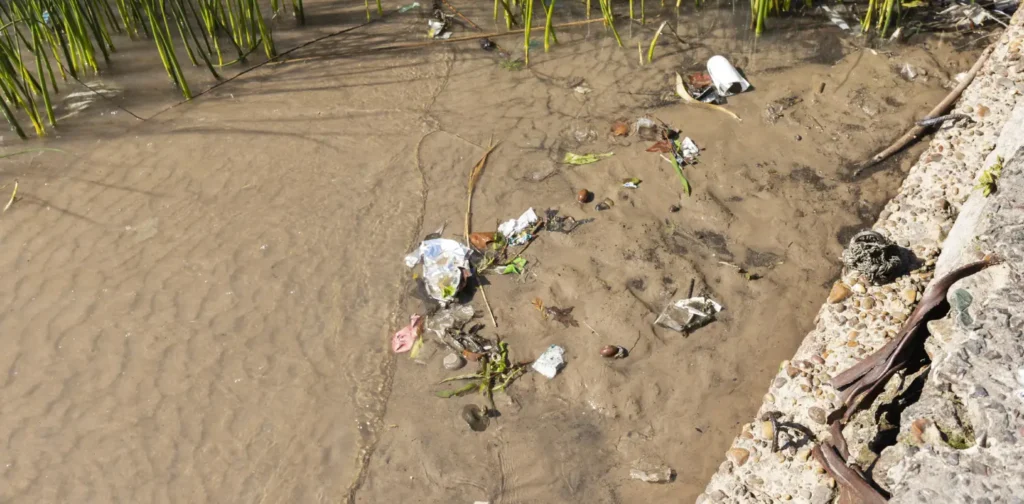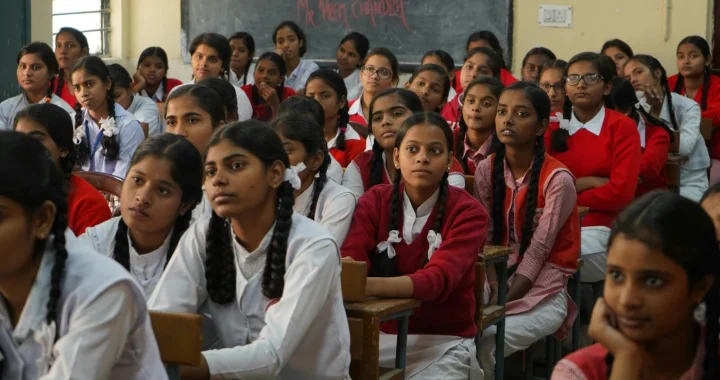Upholding the Machángara River’s Rights of Nature Against Pollution

Photo: Freepik.
Living on Earth means humans must coexist with nature. Unfortunately, we seem to have forgotten this principle, leaving it behind in the name of prosperity and development. Now that rampant environmental destruction and neglect have negatively impacted our lives, change is crucial. Across the globe, more and more people are taking a stand. For instance, a court ruling in July 2024 affirms the violated rights of nature of the Machángara River in Ecuador due to pollution.
The Machángara River Ruling
Located in the southern Andes, the Machángara River crosses Ecuador’s capital, Quito. This 22 km long river is heavily polluted with garbage and other contaminants from untreated wastewater. City officials have admitted that it only treats 2% of the river. As a result, the river’s average oxygen level is at 2%, making it a ‘dead’ river unsuitable for aquatic life.
In May 2024, Ecuadorian citizen groups filed a legal case on behalf of the Machángara River to the Pichincha Tribunal under a “Protection Action”. Despite an appeal from the city government, on July 5, the court finally ruled that the Municipality of Quito violated the rights of the Machángara River.
Additionally, the court ordered the river’s decontamination, along with concrete measures to reduce pollution and the establishment of water treatment plants. The ruling also emphasizes the need for collaboration between the municipality, citizen groups, and civil society. Furthermore, it notes that funding should not be an issue if the city government can effectively manage resources and ask for financial support from the central government.
“Having a ruling that recognizes the rights of Machángara river, the most important river of the capital of Quito, and an order its restoration is historic, and definitely a success story,” said Ecuadorian activist and political scientist Natalia Greene. “It sets a precedent for collaborative efforts between citizens and authorities to achieve a common goal.”
Mainstreaming Rights of Nature
Essentially, the Rights of Nature (RoN) is a legal framework that recognizes nature’s intrinsic rights to continuously exist and thrive independent of human use.
Ecuador was the first country to recognize the Rights of Nature in its constitution in 2008. The rest of the world is catching up, with national governments and Indigenous communities looking into properly incorporating the Rights of Nature into their governance.
In the US, Indigenous Peoples and Communities are leading the way, providing a guidebook with resources and strategies for Indigenous communities interested in implementing the RoN. Meanwhile, a conference in India explored the Rights of Nature in tribal governance from multidisciplinary perspectives, such as history, sociology, conservation science, development studies, and cultural and creative studies.
Various climate change-related challenges have pushed us to reexamine our ways of living, and bold steps must be taken. Hopefully, the widespread legal recognition of the Rights of Nature will help pave the way for a peaceful, sustainable coexistence between people and the planet.

Co-create positive impact for people and the planet.
Amidst today’s increasingly complex global challenges, equipping yourself, team, and communities with interdisciplinary and cross-sectoral insights on sustainability-related issues and sustainable development is no longer optional — it is a strategic necessity to stay ahead and stay relevant.

Nazalea Kusuma
Naz is the Manager of International Digital Publications at Green Network Asia. She is an experienced and passionate writer, editor, proofreader, translator, and creative designer with over a decade of portfolio. Her history of living in multiple areas across Southeast Asia and studying Urban and Regional Planning exposed her to diverse peoples and cultures, enriching her perspectives and sharpening her intersectionality mindset in her storytelling and advocacy on sustainability-related issues and sustainable development.


 India’s Supreme Court Declared Menstrual Health and Hygiene as Fundamental Rights
India’s Supreme Court Declared Menstrual Health and Hygiene as Fundamental Rights  Impacts of E-waste Pollution on Animals and Human Health
Impacts of E-waste Pollution on Animals and Human Health  Africa’s Solar Energy Surge: Why 2025 Was a Breakthrough Year
Africa’s Solar Energy Surge: Why 2025 Was a Breakthrough Year  Agrihoods: Integrating Farms and Urban Neighborhoods into Sustainable Communities
Agrihoods: Integrating Farms and Urban Neighborhoods into Sustainable Communities  Women in Waste Management: Asia’s Circularity Runs on Women. Its Policies Still Don’t
Women in Waste Management: Asia’s Circularity Runs on Women. Its Policies Still Don’t  Embracing the Business Value of Sustainability
Embracing the Business Value of Sustainability